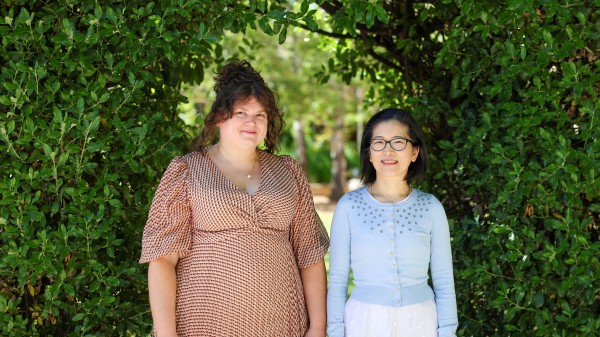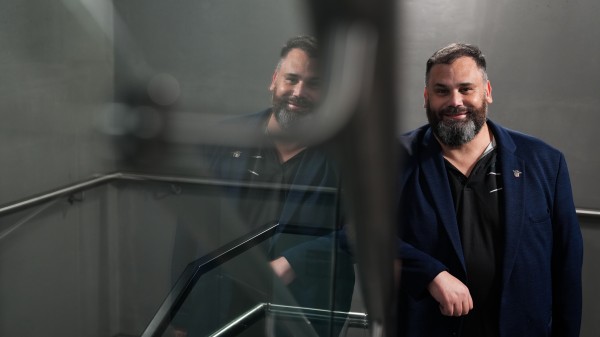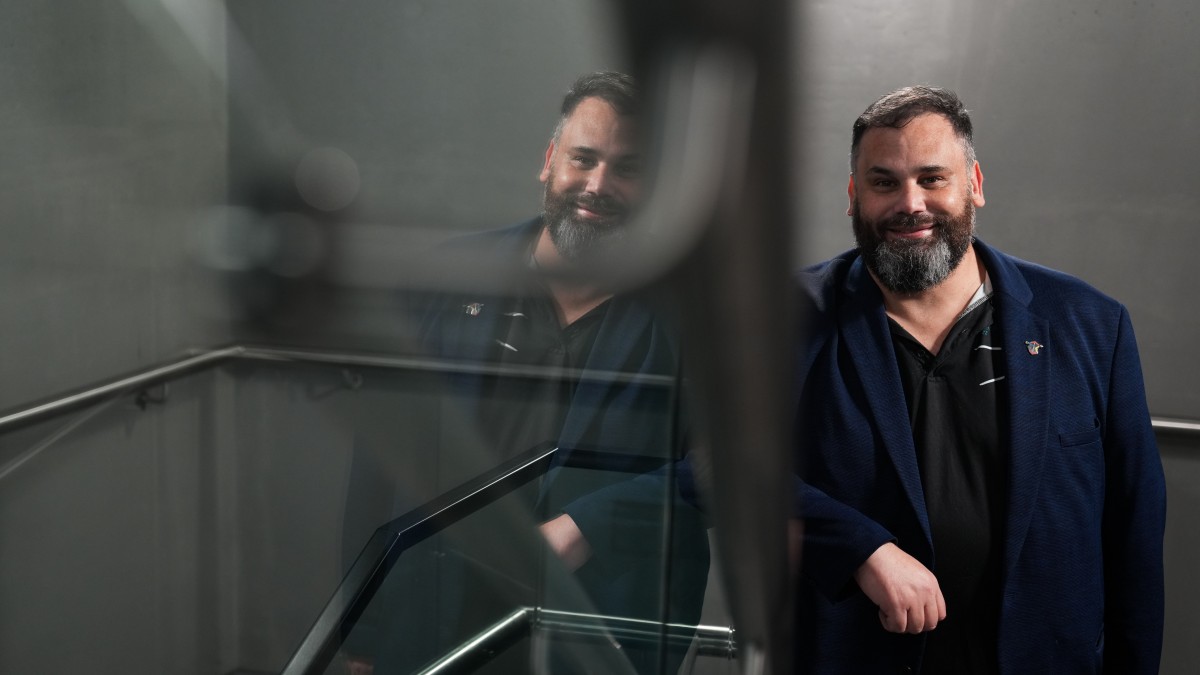By Sarp Kaya.
I’ve always wanted to work at the Australian Institute of Health and Welfare (AIHW). With a career already in medical science research, I knew that extending my qualifications in public health would help me achieve this goal, so I enrolled in a Master of Public Health at the Research School of Population Health (RSPH).
The program is very flexible, which was perfect for me as I continued to work while undertaking my studies. Coursework is offered both online and face-to-face, and I enjoyed being able to choose which style of teaching best suited my schedule. I also enjoyed the interactive nature of the course, where we were encouraged to contribute regardless of whether we were in person or participating remotely. There is also a real emphasis on critical thinking, research skills, and translating these skills into health policy and practice.
An unexpected benefit of undertaking this course has been the friends I have made along the way. Student interaction is greatly encouraged, be that socially or as part of a project team. I know many of the friendships I have made at ANU will be for life.
Studying at the ANU gave me access to opportunities that I mightn’t otherwise have had. ANU not only immensely raised my proficiencies in the field of public health, but also provided me the opportunity to put my expertise into practice. The ANU Science Internship Program places Masters students in a relevant workplace where they can develop and apply their academic skills in a professional context. Successful completion of the Internship counts towards academic credit and provides real population health work experience.
Through this program, I succeeded in obtaining a placement at the AIHW for 5 months on a part-time basis. This was really exciting as it gave me real life experience in conducting public health monitoring research. AIHW is an independent statutory agency which produces authoritative and accessible health and welfare information and statistics. I’m already managing a project that will provide evidence to improve the health of Australians – how great is that!
The positive, supportive, respectful and collaborative work environment at the AIHW, along with the incredible support from my ANU and AIHW supervisors and team members, provided the best environment to use my expertise to my full potential.
Through this Masters program, I have built a strong network in both the public sector and academia. I’m now keen to join the public service or an NGO. I think that my studies and internship combined with my medical research background will give me a competitive edge.











